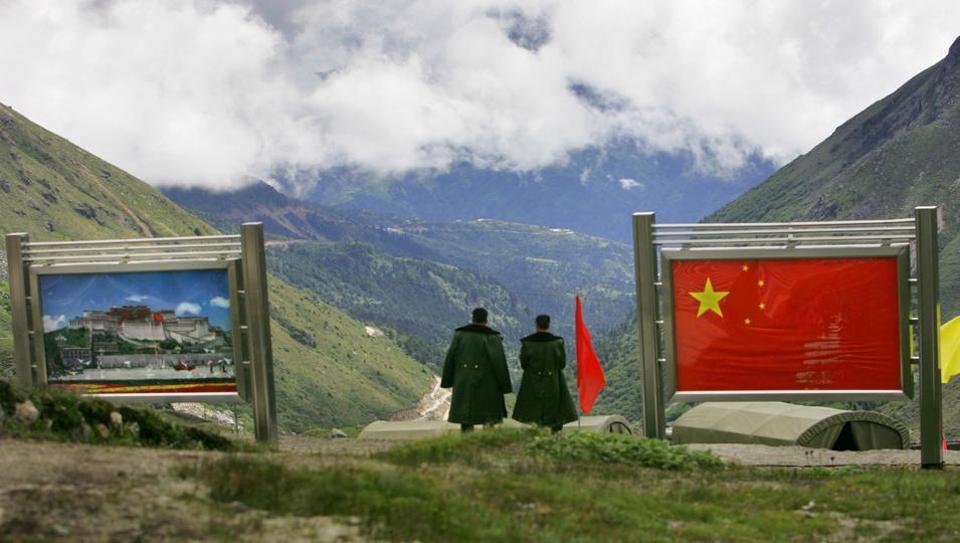The inevitable war?
July 3, 2017 | Expert Insights

Bhutan has officially spoken about the recent skirmish between the Indian and Chinese troops that took place in Doklam plateau. It has said that the area in which the Chinese were building a road, was in fact in disputed territory.
Tensions between India and China have increased after Indian troops tried to prevent the work done by Chinese soldiers a few weeks ago. This is the first time the Indian army has gotten involved on behalf of Bhutan.
Both India and Bhutan have long had border disputes with China that are likely to come to the fore again as a result of this incident.
Background
India’s contemporary relationship with China began in 1950. Between 1960 and 1987, both India and China have been involved in three major military conflicts. While a bilateral relationship has since been established, both nations have often been pitted against one another as they are also two of the fastest growing economies in the world. Both nations have never definitively resolved their border problems and Chinese troops have reportedly infringed upon the Indian Territory over the years. Moreover, India has granted sanctuary to Dalai Lama, the de-facto leader of Tibet and a man that the Chinese government considers a threat.
The Kingdom of Bhutan and China also have largely unresolved border disputes and the two countries do not maintain any diplomatic relations officially. Tibet is yet another reason for the lack of any relationship between the two states. Buddhism is a major religion in Bhutan and it has always had strong cultural ties with Tibet. Due to this the border between Bhutan and Tibet was never fully laid out. But border security had to be instated after the 1959 Tibetan civil war, which resulted in thousands of Tibetans fleeing to Bhutan and the Dalai Lama seeking refuge in India. Since 1984, the two nations have held 24 rounds of boundary talks.
Analysis
Bhutan, a relatively small nation whose military prowess dwarfs next to India and China, cannot afford a dispute with either nation. It also might become an unwitting collateral damage if conflict does break out between the two. It is also worried about China’s growing incursion into its border. In a recent interview with The Hindu, Ambassador of the Royal Bhutanese Embassy in Delhi, Major-General V. Namgyal said, “Bhutan has conveyed that the road construction by the PLA [People’s Liberation Army] is not in keeping with the agreements between China and Bhutan (over boundary resolution). We have asked them to stop and refrain from changing the status quo.” The government of Bhutan also issued a press release that confirmed these sentiments and has strongly cautioned China from progressing any further.
But China has made it clear that it sees India’s intervention as a threat. It has officially lodged a protest through diplomatic channels against the Indian government. And it has announced that that it will not allow Indian pilgrims to pass through the Nathu La pass unless India withdraws its troops.
The area in dispute is a tri-junction point between the three countries and India believes that any encroachment would “significantly alter the status-quo”.
Assessment
Our assessment is that if India and China do not find a resolution soon, it could lead to a military stand-off, causing significant damage to both nations. Each has taken an aggressive stance, with China labelling India’s actions, an act of “betrayal.” It would be prudent for both the nations to put an end to this dispute diplomatically.








Comments